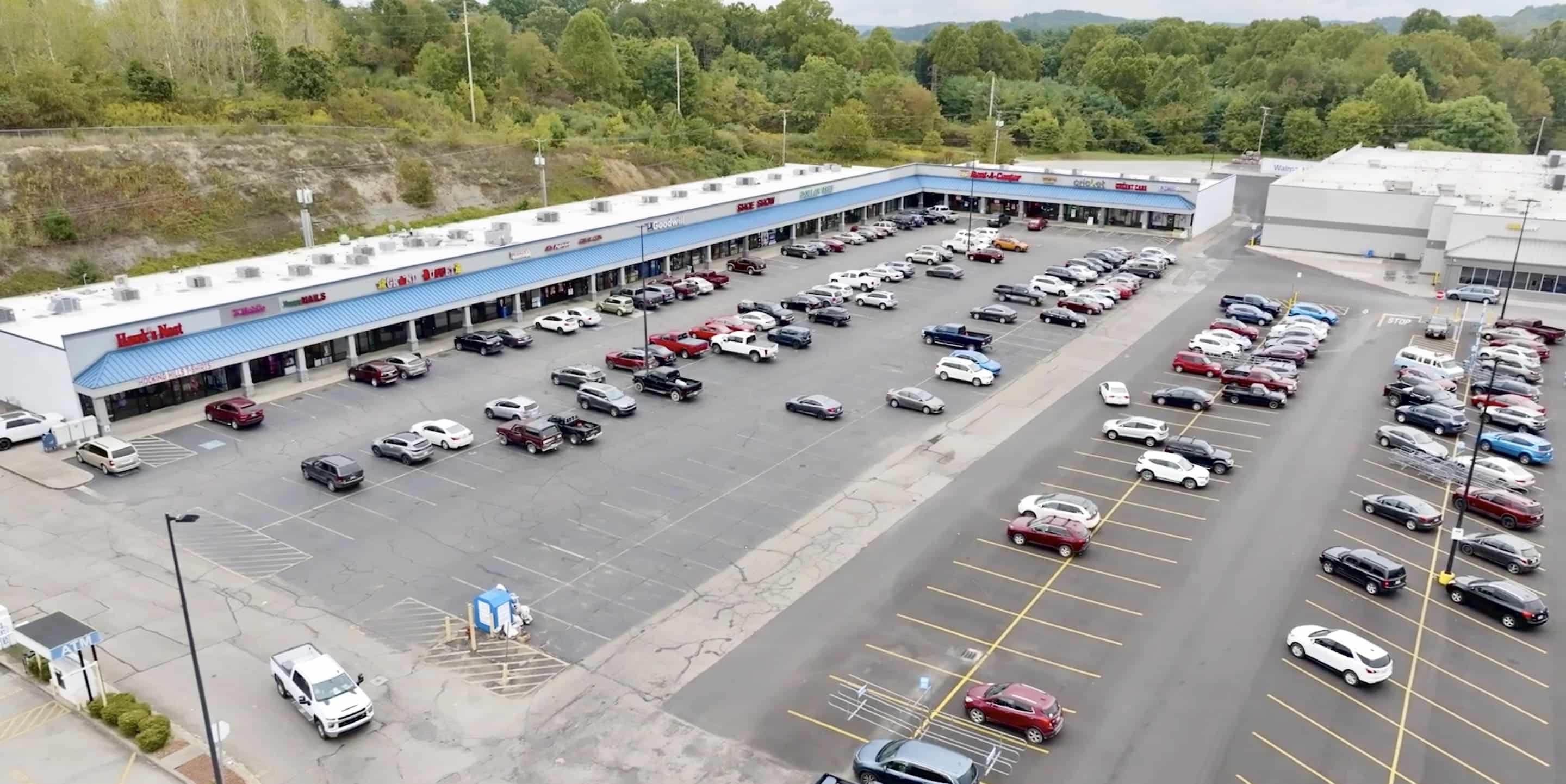
Reasons Essential Services are Recession Resilient in Small Towns

Small towns offer distinct advantages for the success of essential service businesses.
Unlike the saturated and competitive metropolitan markets, small towns have a reliable customer base for daily necessities. These businesses, which include discount retailers, financial services, health and medical clinics, personal care salons, and cell companies, enjoy less competition and attract customers as far as 60 miles away. Walmart shadow centers in small towns provide the ideal place for the essential service business model and are proven to be a hub of high traffic for the region day after day.
Loyal Customers for Reliable Traffic
According to research from the Brookings Institution, the population growth rate in dense urban areas decreased in the past decade while exurbs, areas beyond suburbs with low housing density, increased. The consistent increase in the population growth rate suggests small towns are a growing market with a loyal customer base. New customer acquisition costs up to 10x more than marketing to current customers and repeat shoppers spend about 67% more than new customers. The consistency of shoppers in small towns allows businesses to develop long-term relationships with customers, providing a reliable income stream. For example, financial advisors thrive on the strength of tight-knit communities and place high value personal relationships.
Complementary Services Hub
When deciding where to shop, small town residents prioritize convenience for easy access to goods and services. In fact, more than 90% of consumers are influenced by convenience when deciding where to shop. This preference for convenience creates a high demand for a central hub where small town residents can accomplish all their errands at once.
Great Clips is one of our Walmart shadow center tenants that benefits from its prime location because so many people will stop in before grabbing their groceries next door. Essential service businesses excel when surrounded by a blend of other complementary services to draw high foot traffic in one area.
Lower Costs
Small towns offer lower operating costs for businesses, making them financially attractive. Ongoing expenses, such as utilities and wages, tend to be lower for businesses in small towns compared to urban areas, allowing greater profit margin and thus consistent tenancy. This affordability also enables businesses to pass savings onto their customers, allowing sustainability both for the business and their clients.
Adaptability
Essential service businesses in small towns often have the advantage of being able to quickly adapt to the needs of the community. Building close relationships within the community gives insight on the changing needs of their clients. Essential businesses not only meet the practical needs of the community, but also build a network of trust and reliance among the businesses and residents alike.
Ultimately, essential service businesses thrive in small towns because they play an indispensable role in meeting the daily needs of residents. Complementary surrounding services, a loyal customer base, adaptability, and lower operating costs make small towns an ideal place for hubs of essential services businesses.


